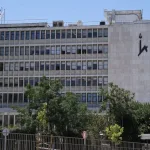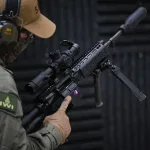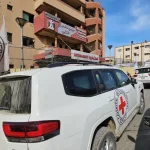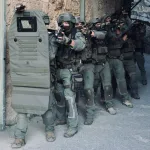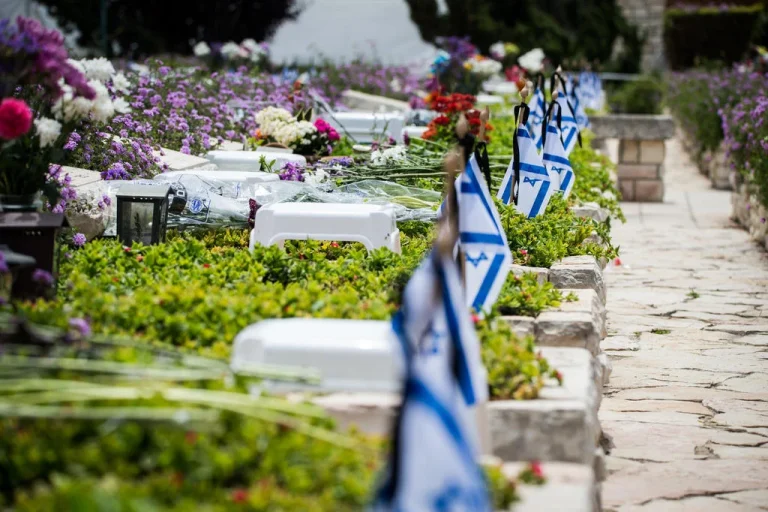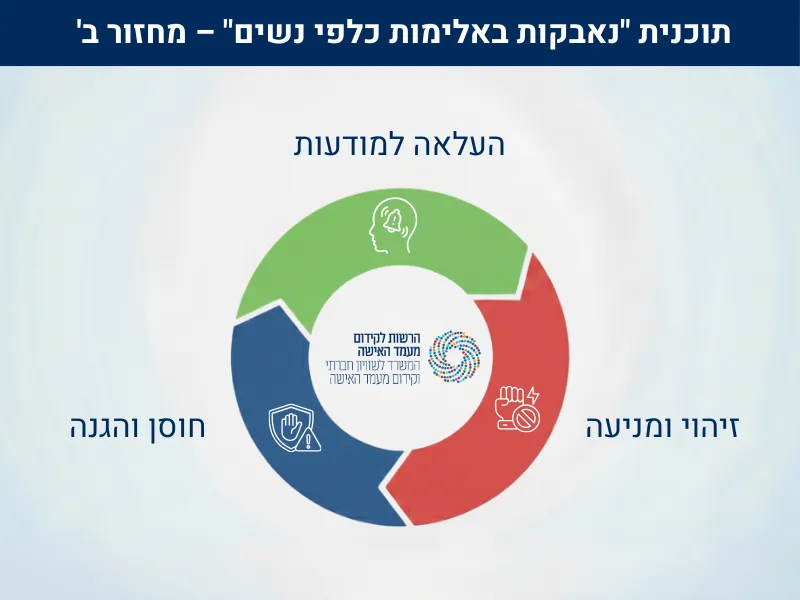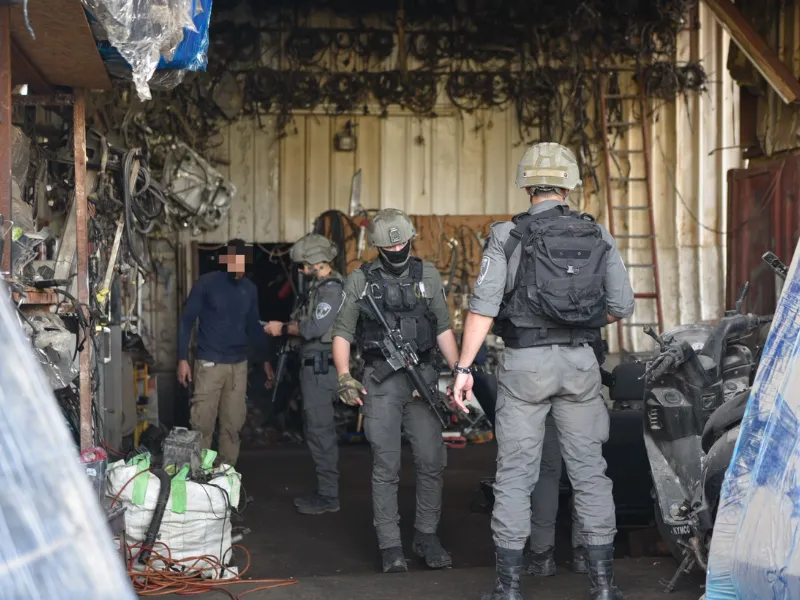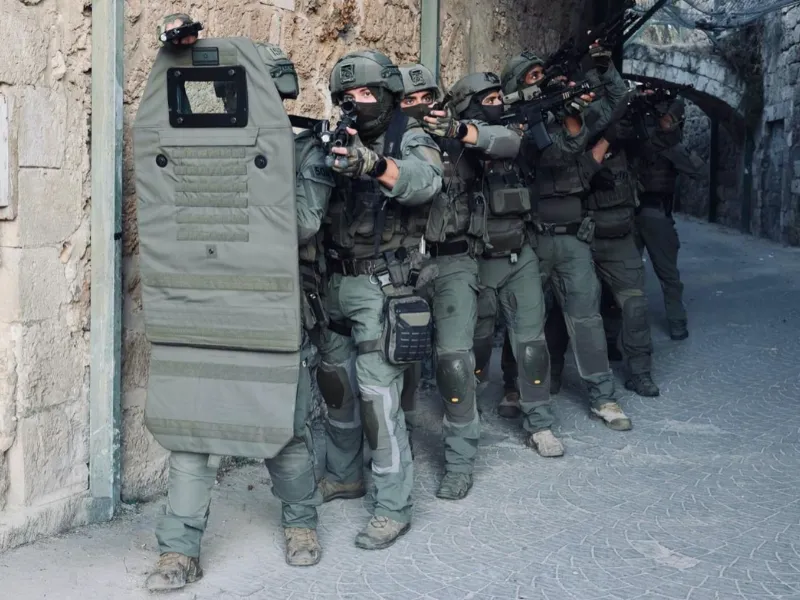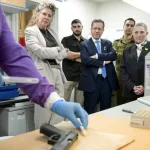Jerusalem, 5 August, 2025 (TPS-IL) — Amid growing concern over a surge in suicides among Israeli Soldiers, lawmakers of a Knesset subcommittee convened a special session Tuesday to confront what was described as a deepening mental health crisis within the Israel Defense Forces.
Neta Dagan, whose twin brother Maj. Assaf Dagan of the Air Force killed himself last year, emotionally addressed the Human Resources Subcommittee of the Foreign Affairs and Defense Committee. “Assaf asked to see a mental health officer several times,” she said. “A month before he took his own life, my mother warned a senior commander in the Air Force that he was going to commit suicide. Suicide is not fate — it’s in our hands to change it.”
Her testimony underscored what she described as a devastating institutional failure. “While his commanders showed empathy, they lacked professional understanding,” she said. “They were facing a wounded soldier — psychologically injured — and didn’t recognize it. The system failed him.”
Brig. Gen. Amir Vadmani, chief of staff of the Israel Defense Force’s Personnel Directorate, confirmed that 16 soldiers have taken their own lives in 2025 so far, following 21 suicides in all of 2024. While suicide rates among mandatory service members remain relatively stable, the number has surged among reservists — a population that has grown sharply since Hamas’ October 7 attack. Vadmani acknowledged gaps in mental health access, saying, “Recent cases teach us that soldiers seeking Treatment can’t adequately reach our support centers.”
The IDF has responded by expanding mental health services, opening 24/7 hotlines and increasing the number of combat stress and PTSD units, even in active combat zones. “Waiting periods for treatment have dropped to just a week or two,” said Brig. Gen. Dr. Carmel Kela, head of the Medical Corps’ Clinical Branch. “We’ve also launched new centers, increased therapist deployment, and enhanced our presence within Gaza to meet soldiers where they are.”
The military has also increased mental health officers across all units and created new programs targeting trauma symptoms in regular soldiers. Reservists returning from intense operations, such as those in Gaza, now have access to expanded resilience initiatives and psychiatric care. “Our Combat Response Unit now employs dozens of professionals offering group therapy, psychiatric evaluation, and guidance through recognition processes,” Kela added.
Yet concern remains. Likud MK Keti Shitrit warned of “a tsunami” of trauma sweeping through the ranks. “Our best sons and daughters carry a heavy burden even after leaving the battlefield. We don’t have the privilege or time to wait,” she said. “I am demanding full transparency and a dedicated committee with clear authority.”
Roei Wasserstein, a 24-year-old reservist combat medic killed himself on July 31 after more than 300 reserve days with the 401st Armored Brigade. His unit, responsible for casualty evacuations, endured heavy trauma during operations in Gaza. And on July 27, reservist Ariel Meir Taman, who served in a unit responsible for identifying fallen soldiers, was found dead in his home in Ofakim.
And in another recent case, Dan Mandel Philipson, 19-year-old lone soldier from Norway died on July 20, five days after a suicide attempt during basic training with the IDF’s 202nd Paratroopers Brigade. Before joining his combat unit, Philipson completed a preparatory course for new immigrants at an army base aimed at easing the transition into military life.
Tel Aviv University’s National Center for Traumatic Stress and Resilience reported in May that PTSD symptoms have tripled among Israeli soldiers since the war broke out.
Many soldiers — especially reservists who returned to civilian life — have reported struggling with lingering trauma and a lack of adequate mental health support.
In response, IDF Personnel Directorate head Maj. Gen. Dudu Bar Kalifa told lawmakers he ordered the formation of a high-level review committee to examine support for discharged soldiers and reservists no longer on active duty. The panel, includes military health professionals, legal advisors, casualty officers, and Defense Ministry officials.
Professor Yossi Levi-Belz, a clinical psychologist and director of the Suicide and Mental Pain Research Center at Ruppin Academic Center, warned earlier this year that the most dangerous period may be after the fighting subsides. “Extreme crises, like October 7, often lead to a temporary drop in suicides,” he said. “But when society begins to stabilize, many — such as reservists — are left highly vulnerable because their difficulties persist. That’s why this period may be even more dangerous for suicide risk.”
Said MK Elazar Stern, chairman of the subcommittee and a former IDF general, “We can’t prevent trauma, but we can promise that no one will be left to face it alone. Mental health support is a moral obligation that saves lives — literally.”
Approximately 1,200 people were killed, and 252 Israelis and foreigners were taken hostage in Hamas’s attacks on Israeli communities near the Gaza border on October 7. Of the 50 remaining hostages, around 30 are believed to be dead.





